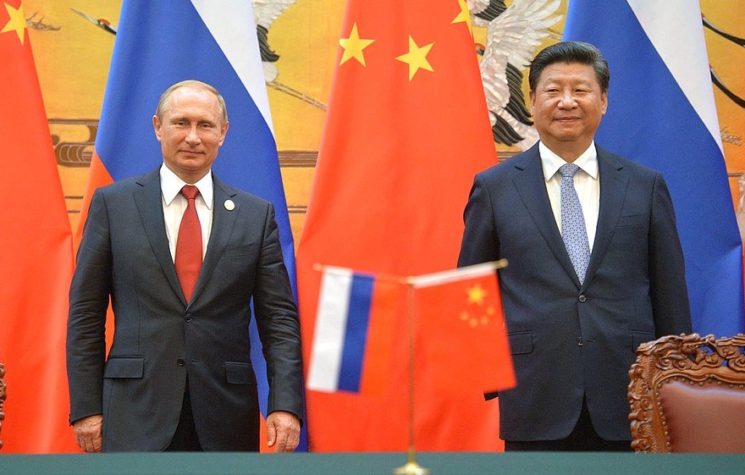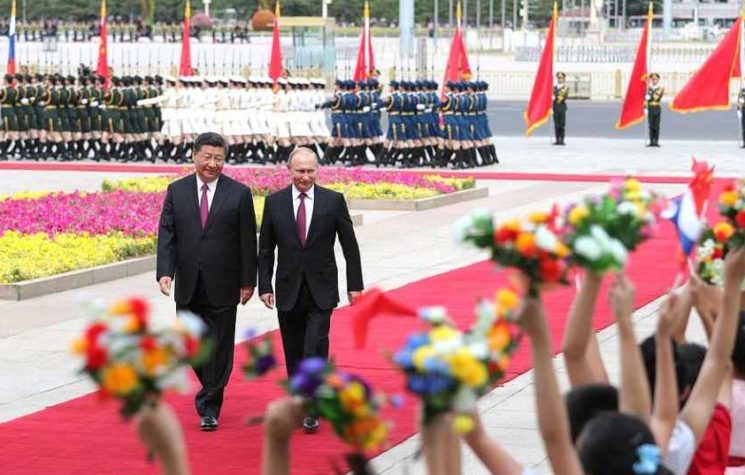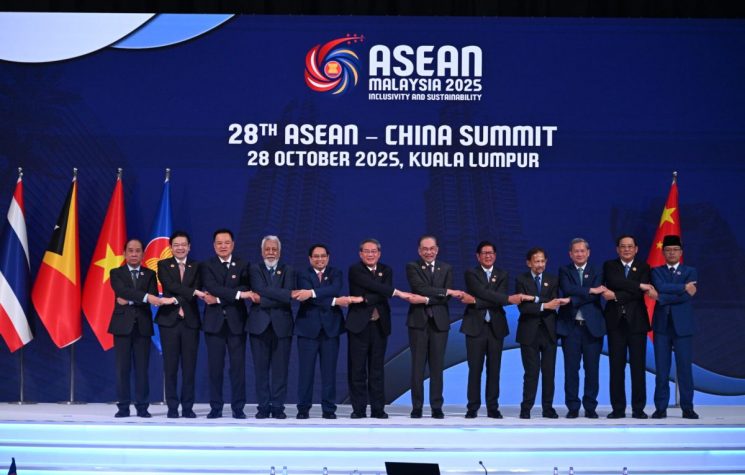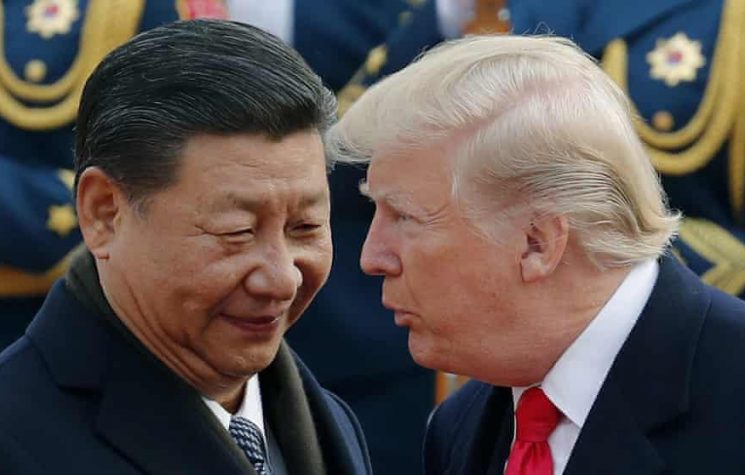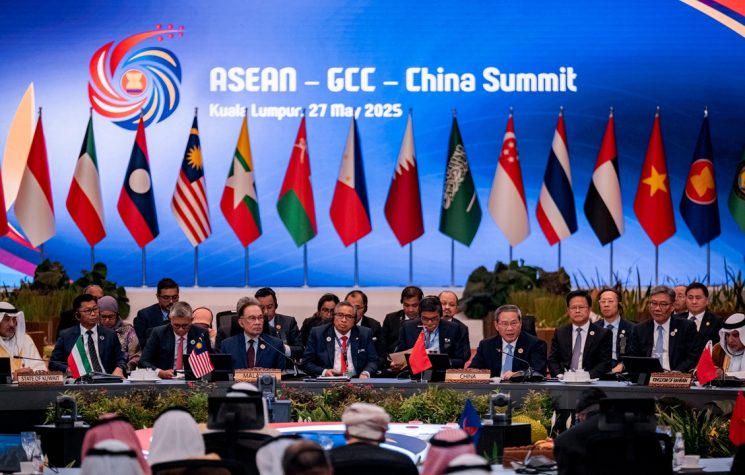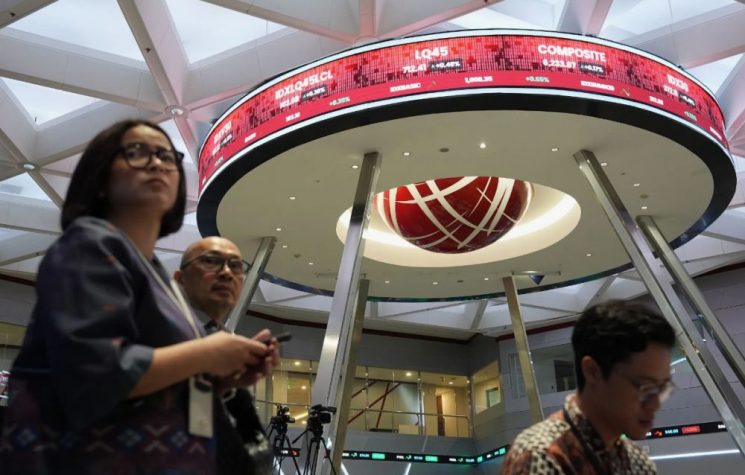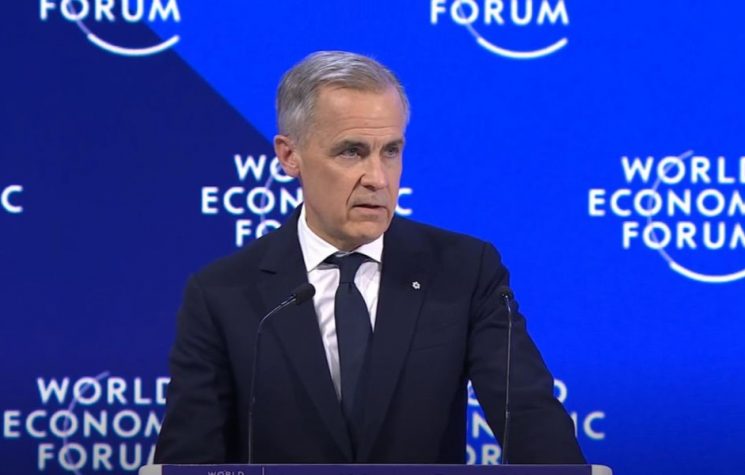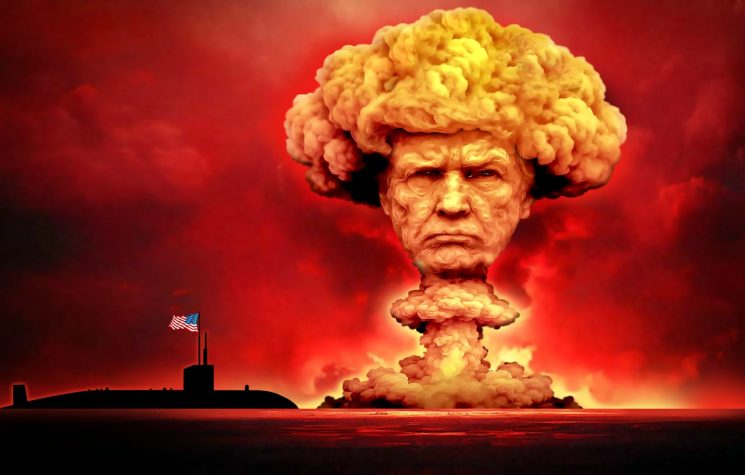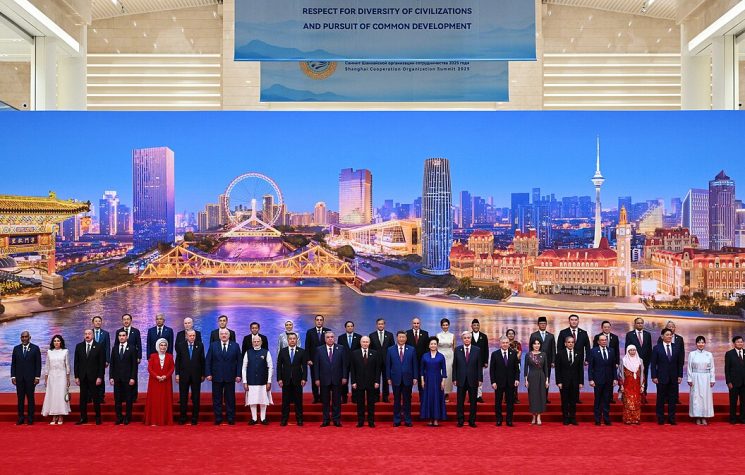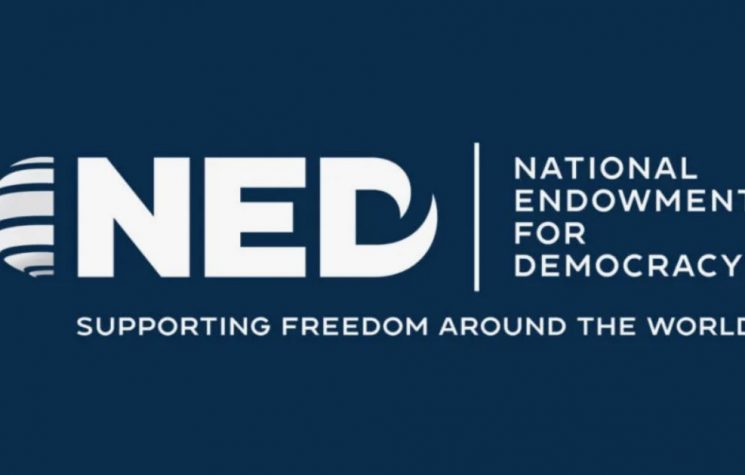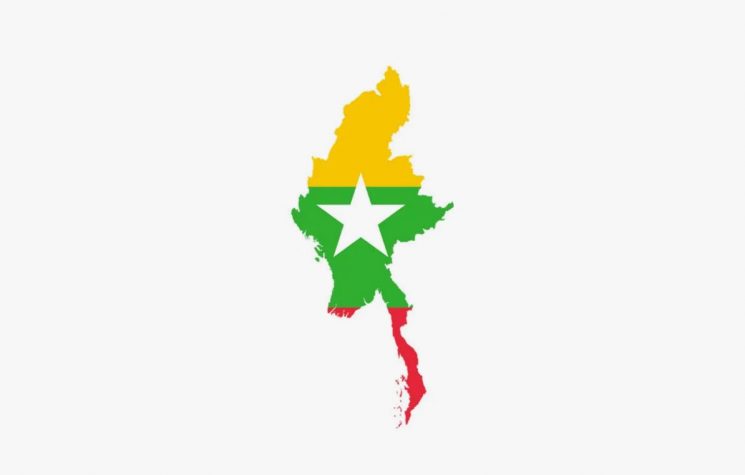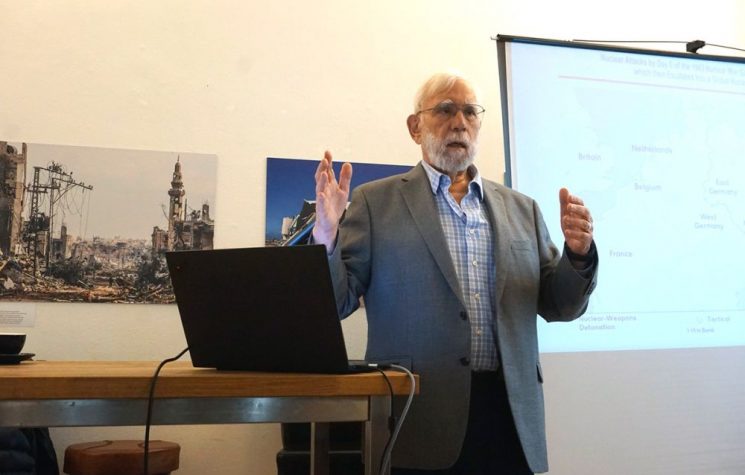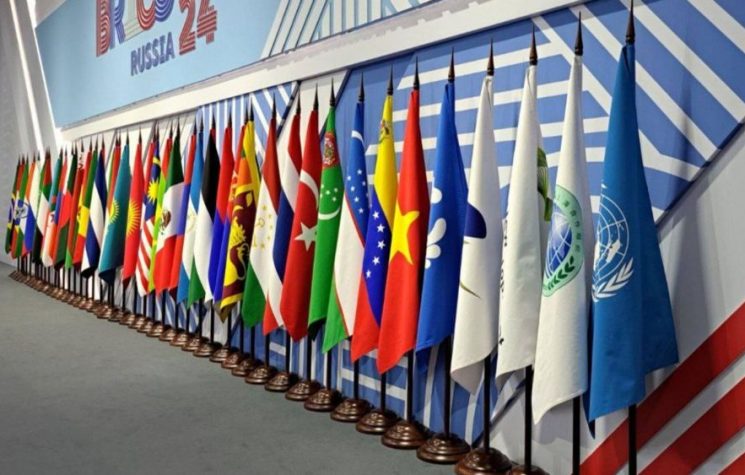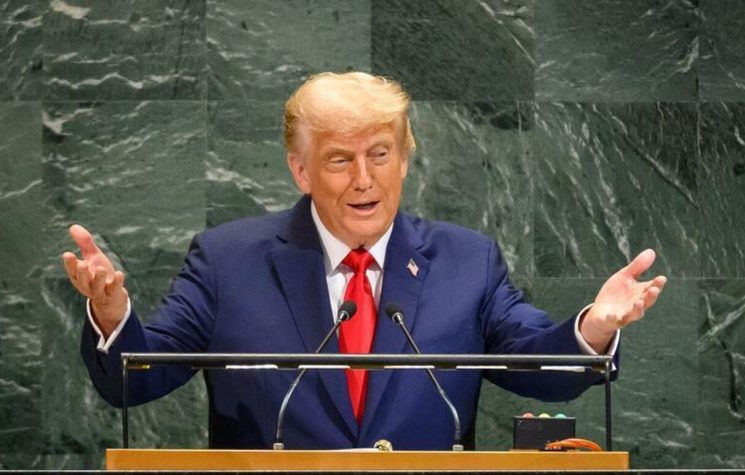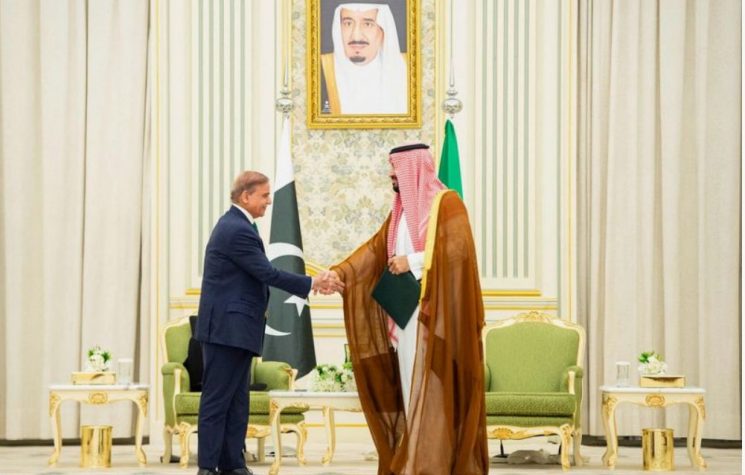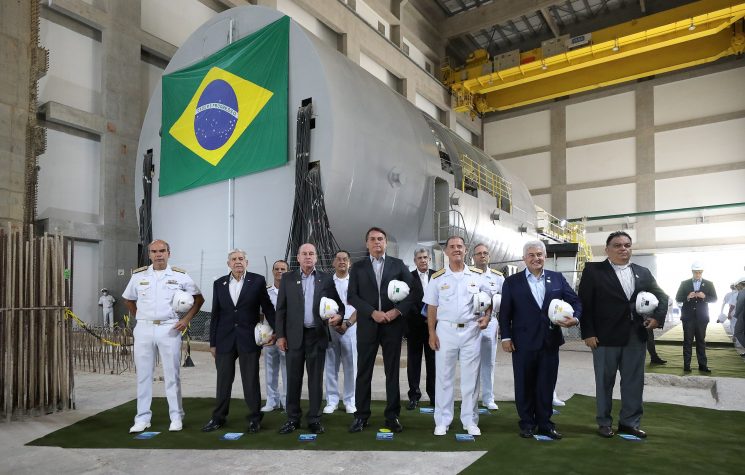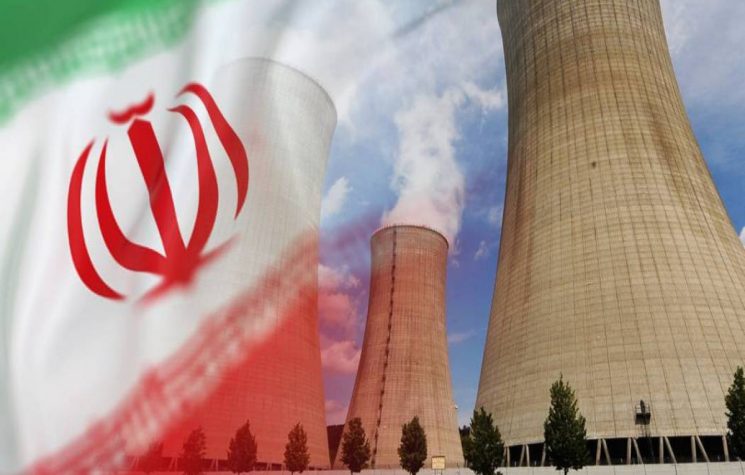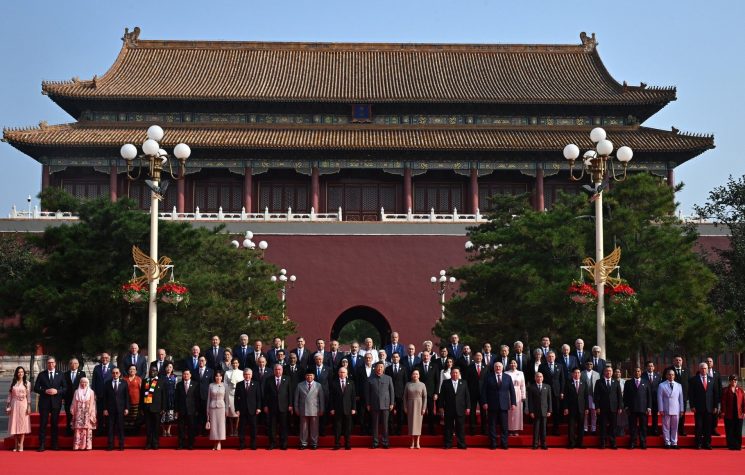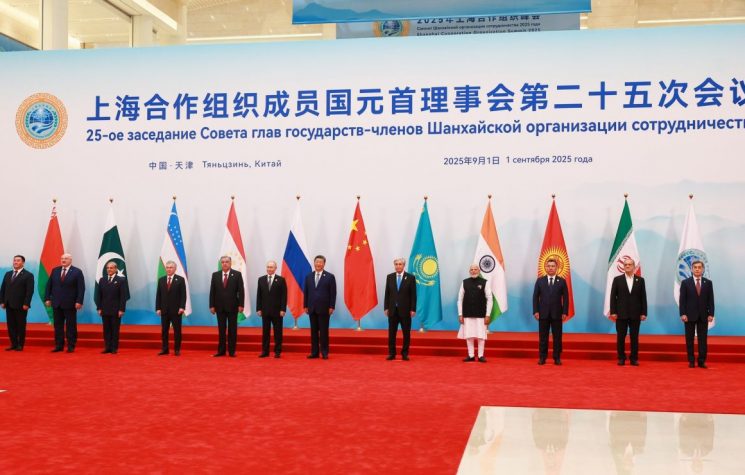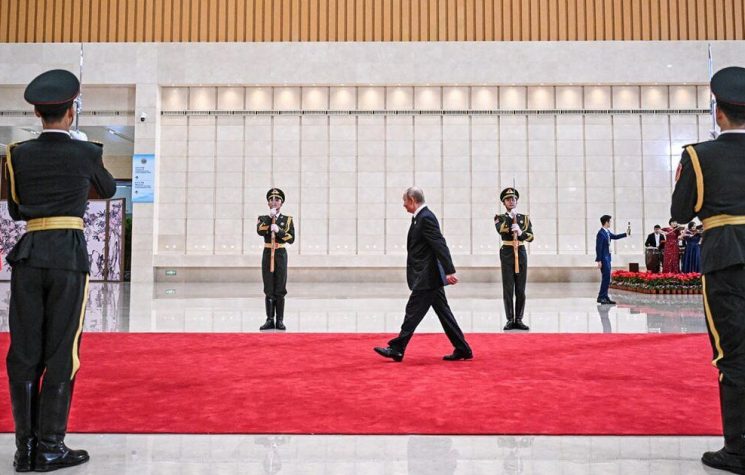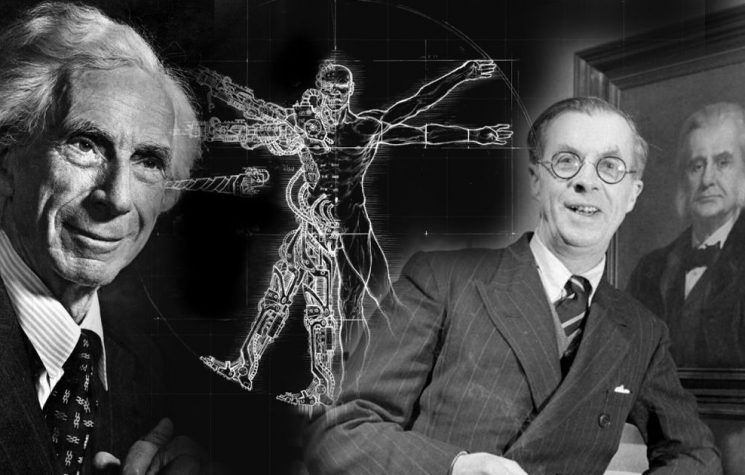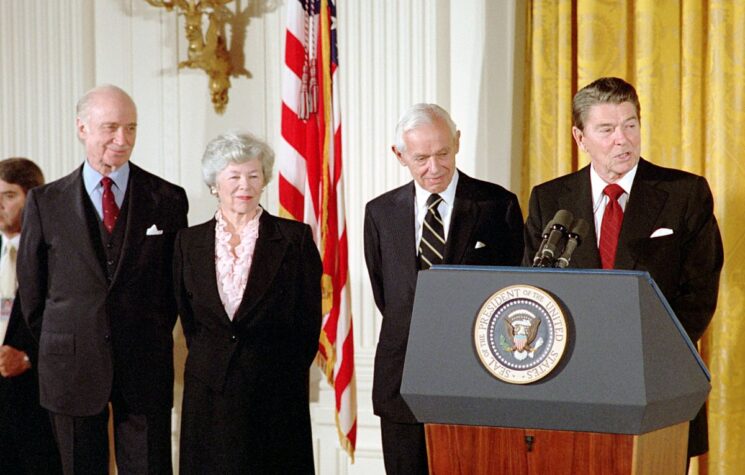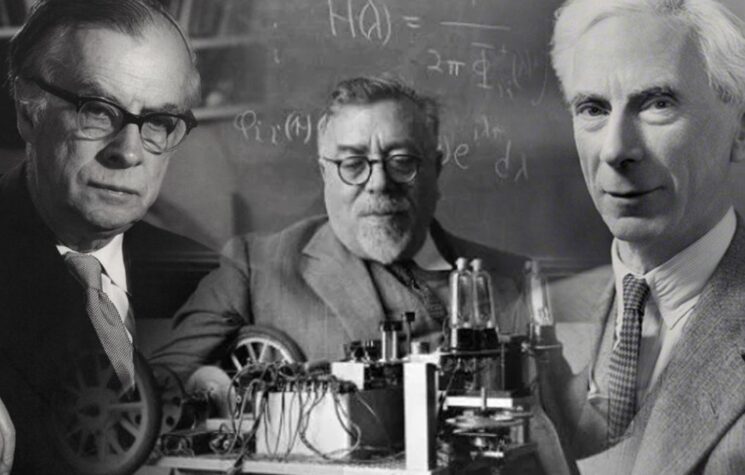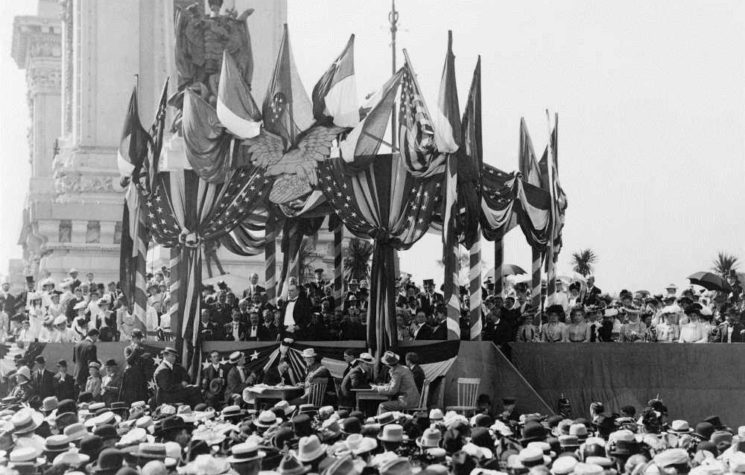The spectre of nuclear war has long hung over the world like a nightmarish sword of Damocles offering humanity much cause for despair at the dual nature of science as a beautiful source of creative power that uplifts and ennobles on the one hand and acts as a harbinger of death and chaos on the other.
However, it would be wrong to blame science for the crisis which mankind unlocked with the atom, when the reality is that we have never freed ourselves from the pest of oligarchical systems of rule. Going back to records of the Roman, Persian and Babylon empires, such systems have always sought to manipulate the masses into patterns of behaviour of self-policing and constant conflict.
Whether we are talking about the Crusades, European religious wars, Napoleonic wars, Crimean War, Opium Wars, or WWI and WWII, it has always been the same recipe: Get victims to define their interests around material constraints, diminishing resources, or religious/ethnic/linguistic biases that prevent each person from recognizing their common interests with their neighbor and then get them to fight. Classic divide and conquer.
By the close of WWII, that ancient recipe for managed chaos no longer functioned as a new ingredient was introduced into the geopolitical “great game”. This atomic ingredient was so powerful that those “game masters” managing the affairs of the earth from above like detached Olympian gods, understood that they could now be annihilated as fast as their victims and a new set of rules had to be created post haste.
Lord Russell’s Nuclear Gamble
A leading representative of the genocidal mind of the British Empire was one Lord Bertrand Russell, 7th generation member of the hereditary elite known today for his celebrated pacifism and profound philosophical depth. It is an uncomfortable fact that this paragon of “logic” and peace was one of the earliest thinkers on record calling for the nuclear annihilation of the Soviet Union in the wake of the surrender of Nazi Germany. Should the Soviet Union not submit to a One World Government, argued Lord Russell in the September 1946 Bulletin for Atomic Scientists, then it would simply have to face a nuclear punishment.
Of course that threat was short lived, as Russia’s surprise announcement of their “cracking the atomic code” broke the monopoly which the Anglo-Americans had been salivating over in 1945 as they watched Japan (whose backchannel surrender had already been negotiated) burn under the shadow of a newly emerging Anglo-American Leviathan.
Lord Russell, then heading the CIA/MI6 Congress for Cultural Freedom (whose goal was to create a new anti-culture of hedonism and irrationalism in the arts during the Cold War) was forced to change tune and instead unleash a new doctrine which came to be known as “Mutually Assured Destruction” (MAD). Russell’s obsession with trying to enslave all of physics to a strict mathematical determinism as displayed in his Principia Mathematica (1910) and his leading role in the CIA’s promotion of abstract art/atonal music under the CCF banner is a useful insight into how societies are managed by oligarchs.
In a BBC interview years after Russell changed his views on a first strike on Russia, the British aristocratic, now-turned anti-nuclear advocate described his change of heart thus:
“Q: Is it true or untrue that in recent years you advocated that a preventive war might be made against communism, against Soviet Russia?”
RUSSELL: It’s entirely true, and I don’t repent of it now. It was not inconsistent with what I think now…. There was a time, just after the last war, when the Americans had a monopoly of nuclear weapons and offered to internationalise nuclear weapons by the Baruch proposal, and I thought this an extremely generous proposal on their part, one which it would be very desirable that the world should accept; not that I advocated a nuclear war, but I did think that great pressure should be put upon Russia to accept the Baruch proposal, and I did think that if they continued to refuse it might be necessary actually to go to war. At that time nuclear weapons existed only on one side, and therefore the odds were the Russians would have given way. I thought they would … .
Q: Suppose they hadn’t given way.
RUSSELL: I thought and hoped that the Russians would give way, but of course you can’t threaten unless you’re prepared to have your bluff called.”
An End to the MAD World
The new game became “geopolitical balance of terror” under MAD, and in many ways the power it offered an oligarchy was greater than anything a pre-atomic society had to offer. While major wars were no longer desirable (though always a risk in this psychotic game of high stakes poker), asymmetric warfare and regime change became the new “big things” for the next 70 years. A population in constant terror of annihilation created a ripe ground for the spread of a new inquisition under the guidance of a megalomaniac cross-dresser running the FBI. This inquisition purged the west of qualified leaders who were committed to peace between east and west and included great scientists, artists, professors and politicians who watched their careers destroyed as the Deep State grew ever more powerful and atomic bombs more abundant.
As 2007 began, the wars in the Middle East unleashed after 9-11 had no end in sight, and an intention much darker than many ever imagined was emerging amidst the chaos. A NATO-led Anti-Ballistic Missile shield began construction around Russia’s southern perimeter on Dick Cheney’s initiative and was joined soon thereafter by an “Asia-Pivot” encirclement of China under Obama in 2011. Only the most naive fools then believed that Iran or North Korea were the real reasons for this Hobbesian power grab for a first strike monopoly. Lord Russell’s ghost could be felt across the world threatening a nuclear war if national sovereignty were not abandoned in favor of a world government managed by a “scientific dictatorship”,
Russia and China Call to Control the Fiery Serpent
President Putin along with Sergei Lavrov and President Xi Jinping have signalled an end to the era of MAD with an important call for a new international security doctrine based upon a “new operating system”.
Coming out of the St. Petersburg Economic Summit on June 6, Putin said “if we do not keep this ‘fiery serpent under control- if we let it out of the bottle, God forbid, this could lead to global catastrophe. Everyone is pretending to be deaf, blind or dyslexic. We have to react to this somehow, don’t we? Clearly so.”
Putin’s words were amplified by Sergei Lavrov on June 11 speaking at the Primakov Readings 2019 conference in Moscow which brought together diplomats, experts and politicians from 30 countries on the theme of “Returning to Confrontation: Are there Any Alternatives?” Lavrov said:
“It is of principle importance that Russia and the U.S. calm the rest of the world and pass a joint statement at a high level that there can be no victory in a nuclear war and therefore it is unacceptable and inadmissible. We do not understand why they cannot reconfirm this position now. Our proposal is being considered by the U.S. side.”
Since putting themselves between an Anglo-American firing squad and the nations of Syria and Venezuela, in tandem with the surprising unveiling of an array of new military technologies in March 2018, Putin has transformed the geopolitical “rules of the game” so that Lavrov’s proposal is now a real possibility. The new technologies unveiled by Russia in 2018 include supersonic missiles, underwater drones and other nuclear powered rockets that guarantee Russia’s retaliatory attack capability should anyone be stupid enough to launch a first strike against Russia.










